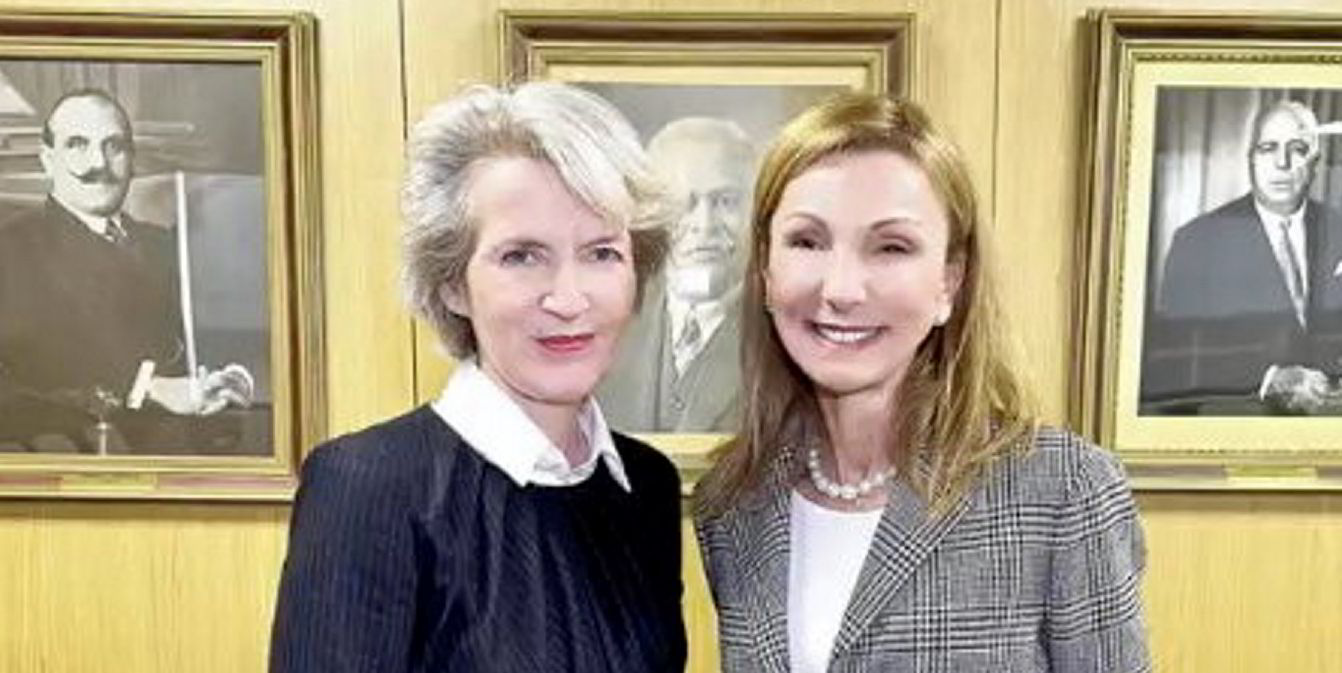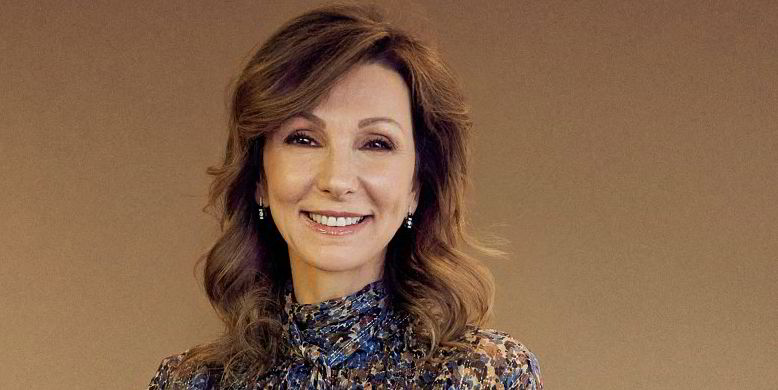The heads of the Greek and German shipowners’ associations met in Piraeus on 24 January and pledged closer cooperation, amid a heavy regulatory agenda.
Melina Travlos, president of the Union of Greek Shipowners (UGS), and Gaby Bornheim, her counterpart at the German Shipowners’ Association (VDR), discussed “current shipping issues and … developments at the EU and international level”, the Greek association said in a post on its LinkedIn page.
“Both Ms Travlos and Dr Bornheim reiterated that the two associations see eye-to-eye on many shipping topics and confirmed their intention for enhancing their collaboration.”
Further details of the talks were not disclosed.
TradeWinds understands that the VDR trip to Greece was part of a regular schedule of consultations with counterparts abroad. Bornheim was accompanied by the association’s chief executive, Martin Kroger.
Nevertheless, a meeting of representatives of two of the most influential shipowning nations in the world, let alone in the European Union, has special significance.
Travlos and Bornheim, the first women to lead their associations, will have had plenty to discuss.
Powerful bloc
The International Maritime Organization’s Carbon Intensity Indicator and Energy Efficiency Existing Ship Index began on 1 January and there is already talk in shipping circles of amending them, possibly through the introduction of new correction factors and reference lines.
In July, the IMO’s influential Marine Environment Policy Committee is set to discuss revising the organisation’s greenhouse gas reduction strategy and the role of carbon capture and storage.
Even closer to Greek and German homes, the EU will start phasing in shipping’s inclusion in the Emissions Trading System next year.
As if all that were not enough, an emissions control area for sulphur oxides will be introduced in the Mediterranean on 1 May 2025.
If the UGS and the VDR are indeed seeing eye to eye on all these issues, they will build a powerful bloc to move things in their members’ favour.
Their interests, however, sometimes diverge. The UGS may be a broad church, but it has a clear slant towards bulkers and tankers. German shipping is heavily weighted towards container ships.
Politics has been another source of friction. During Greece’s debt crisis and EU bailout in the 2010s, Greek shipowners suspected their German rivals of being behind calls by politicians in Berlin to fix Greek finances by raising Greek shipowners’ taxes.
VDR officials talking to TradeWinds at the time dismissed such claims as nonsensical.




